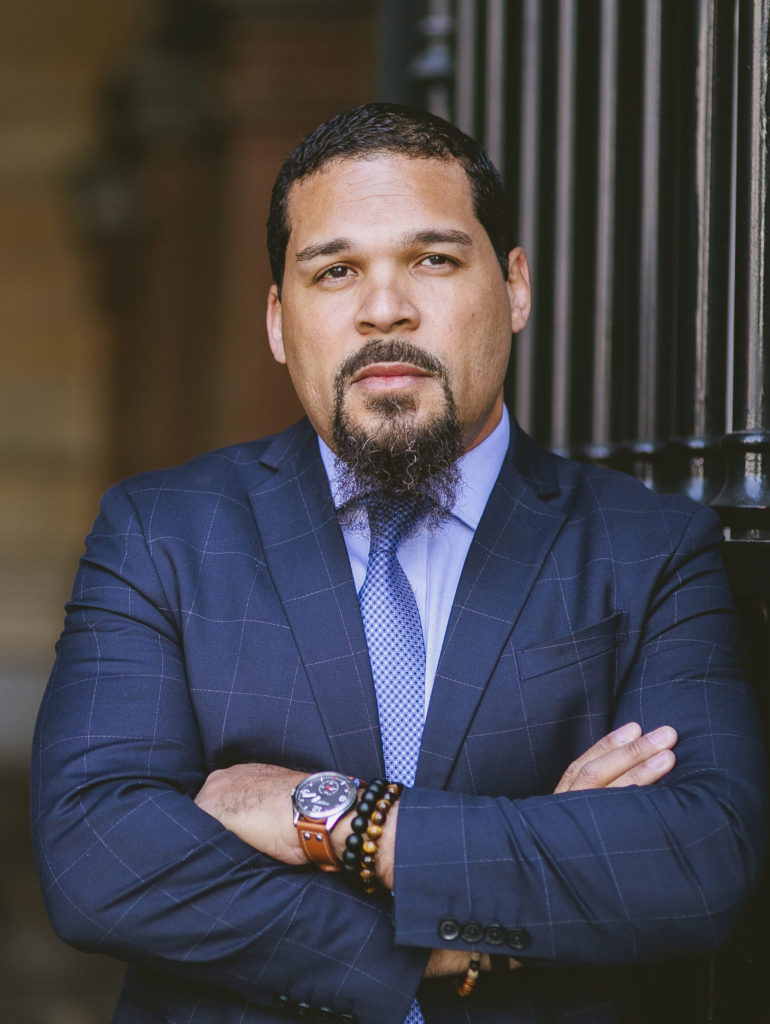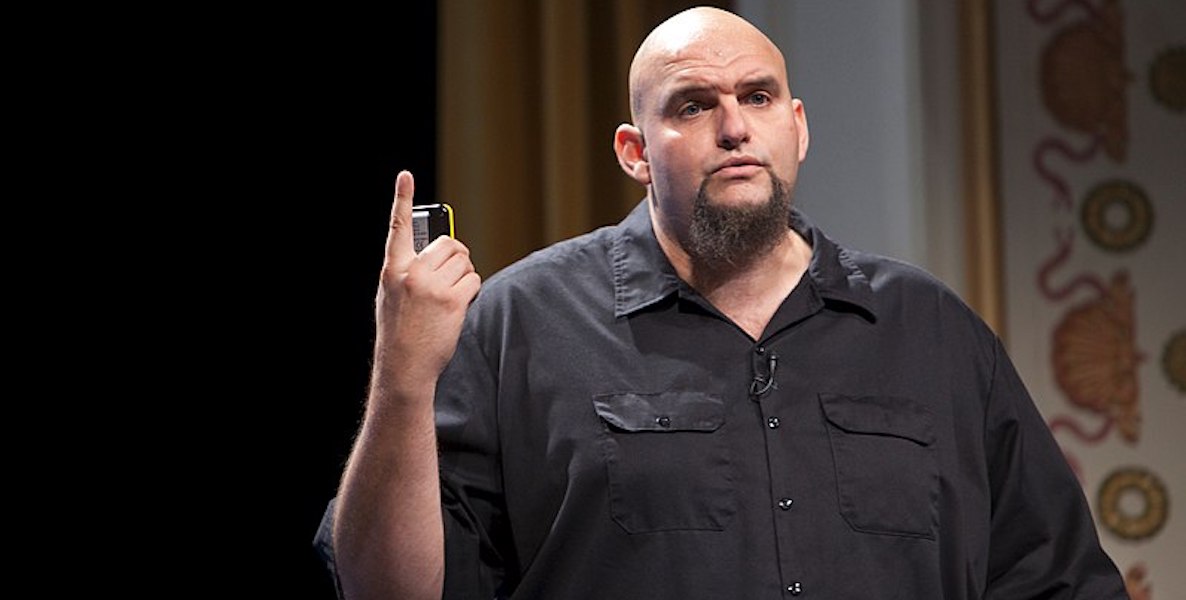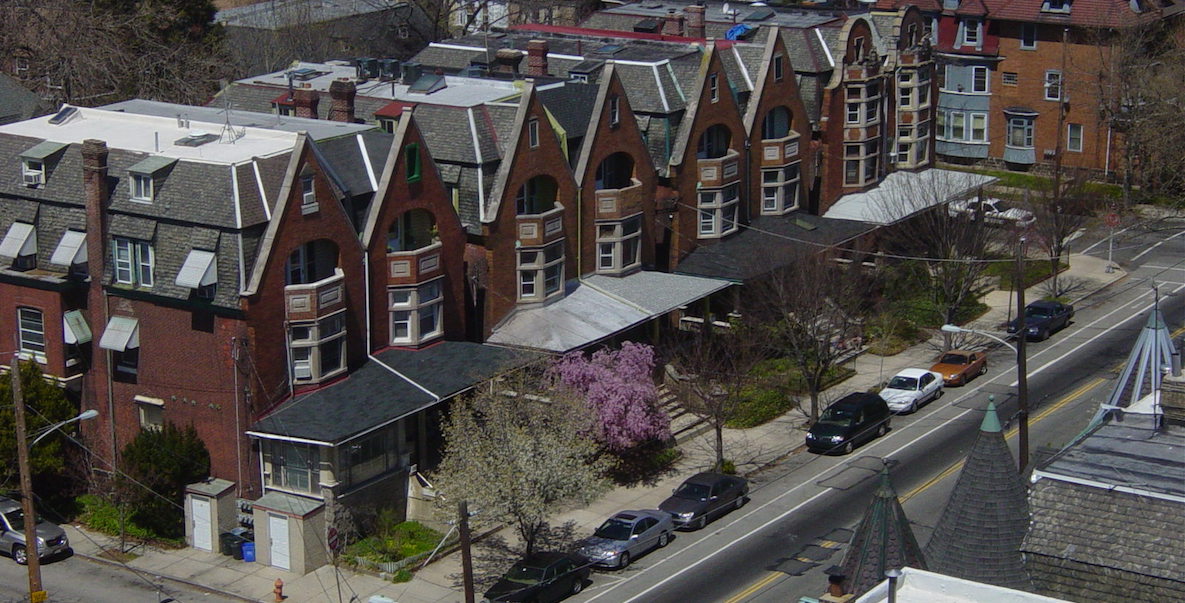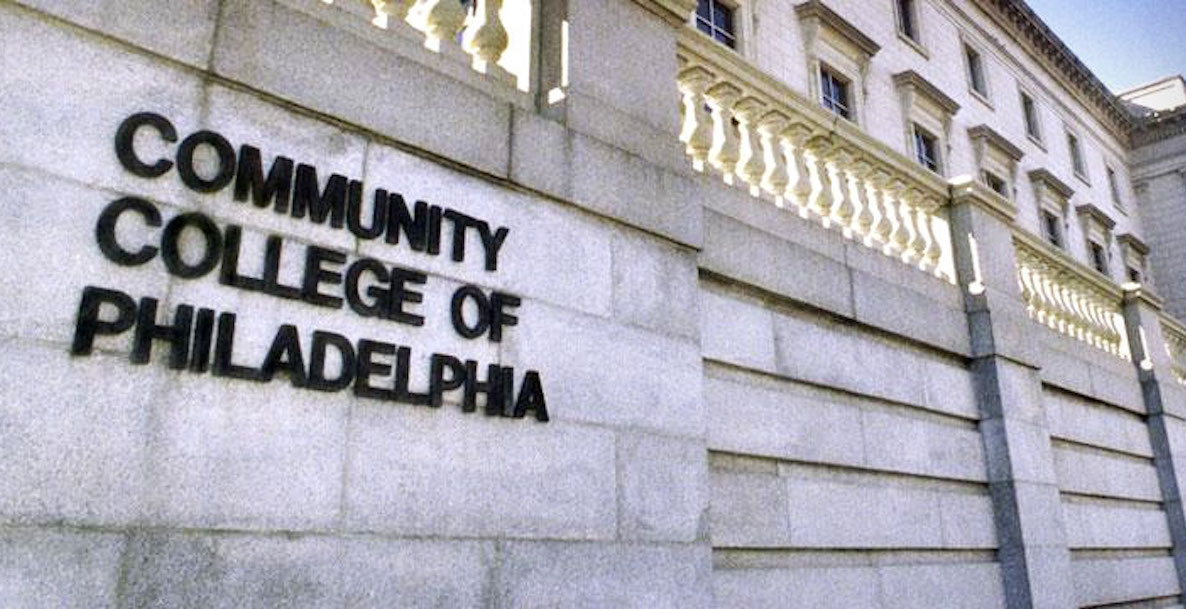Disaster seems averted. Months of wrangling between the teachers, staff and the administration of the Community College of Philadelphia seemed destined to end up in the first workers’ strike at the school since 2007. And despite an exchange of rhetorical barbs and discord that, from many angles, appeared to deteriorate into the unsolvable, negotiators managed to reach a tentative agreement announced last week.

The general public is not yet clear on the agreement details. Nor are the school’s 27,000 students. But what will become abundantly clear, through the fog of worker and front office discontent, is a fresh phase of tuition hikes for present and future CCP students. It is the eventuality Philadelphians should brace for.
CCP’s spokesperson, Linda Wallace, dropped a hint about this last week. Musing over what it would take to accommodate faculty and staff demands for pay raises, Wallace argued that if the administration buckled under union pressure, the college would end up with an additional $10 million per year in their operating budget over the next eight-year contract.
“A $1 increase in tuition generates about $320,000 at CCP,” she told The Inquirer. “So, if we added $2 million to our budget for salaries that would equate to a $6.25 increase per credit hour. Philadelphia residents currently pay $159 per credit hour.”
In other words, a $2 million dollar per year or annual budget salary increase would increase resident tuition to a little over $165 per year. Wallace was being purely hypothetical, of course, since nothing had been agreed to. But it was soft launch language for a tuition hike, with administration officials—on the sly—scapegoating teacher and staff demands as the culprit for that hike.
It’s not like steady college tuition increases being passed along to the Philadelphia consumer are anything new: according to a June 2015 Pew Charitable Trusts report focused on CCP, average tuition increased “5 percent per year on average” between 2003 to 2013. Theoretically, CCP tuition per credit hour could find itself increasing at that rate (although it’s one of the slower community college tuition increase trends in the country, last checked)—or at a clip of a subtle, but steadily rising $3 more per credit hour: or, possibly, $189 per credit hour by the end of the eight year contract.
What’s significant about that statement and the math that follows is that during the lengthy public rancor between the union and CCP administration, there hasn’t been much public discussion on what budget increases will mean for the Philadelphia student in need. More than 65 percent of CCP students rely on federal Pell Grants and most end up in student loan debt, anyway. That’s happening against a devastating convergence of: 1) rising tuition; 2) fewer post-secondary options for struggling students; 3) the Trump administration’s proposed $62 billion cut in higher education financial support; and 4) Pennsylvania Gov. Tom Wolf’s shortchanging the Commonwealth’s 14 community colleges with no funding increases for the 2019-2020 fiscal year.
Bad enough that Pennsylvania, as the Center for Budget and Policy Priorities found last year, ranks in the Top 20 states with the highest tuition hikes at public colleges and universities. And neither Wolf nor his peers in Harrisburg seem willing to stop it. Sensing a short time window as new funding opportunities grew scarce, CCP teachers and staff struck swiftly with fresh calls for a pay raise.
For the most part, Philadelphia itself hasn’t done much about it, either—even while it’s in a position where it could. Mayor Jim Kenney merely bemoaned the scratchy tenor of negotiations between the contract-warring parties when asked about it on WURD’s Reality Check. Council President Darrell Clarke reportedly urged “both sides to remain at the bargaining table in order to reach a fair contract as soon as possible,” adding that “Council does not have standing as a negotiating party, but we do have an interest in the best and fairest outcome for students, faculty and taxpayers alike.”
![]()
And, yet, strangely, neither Mayor or City Council moved an inch on the question of expanded city support for CCP’s budget, a move that could not only ease tensions between staff and school leaders, but could ensure students—most low-income and working—are buffered against new tuition hikes. It was one of the few Republicans on Council, David Oh, who stressed the need for more funding last month. “We fund lots and lots of things, but we are not funding what I think is one of the most important things we can do for the citizens of Philadelphia,” Oh told the Inquirer. “We have this wonderful asset, but it’s woefully under-resourced.”
Oh, and others, raise a good question: Why won’t the city do more to fund CCP, particularly at a time when everyone in City Hall is singing the Gospel of Workforce Development and “CTE” (or “Career and Technical Education”). It’s hard to achieve ambitious workforce development goals without training … and, it’s hard to achieve training without institutions who can either facilitate or sustain that training. Institutions like a community college.
Philadelphia covers just under 20 percent of the CCP’s $131 million budget, a little over $26 million. The Mayor only proposed a bump of $1.3 million, which is less than 1 percent, even after pleas from advocates during Council hearings on the subject in March—hearings which, not coincidentally, prefaced the build-up towards that few weeks of impasse between union and CCP. Clearly, all parties appeared as if they were waiting for some moment of leadership from City Hall. When that didn’t transpire, the threat of strike loomed even larger.
Pennsylvania ranks in the Top 20 states with the highest tuition hikes at public colleges and universities. And neither Wolf nor his peers in Harrisburg seem willing to stop it.
But, while the City cries broke on the subject of CCP, and the state (which kicks in—according to Pew—another quarter of the budget funding) won’t pony up any additional funding, another source of post-secondary funds remains ignored: University endowments from Philadelphia’s rich array of top tier higher education institutions.
The combined endowments of top ranking universities within the city limits of Philadelphia edges close to $16.3 billion, according to the most recently updated endowment information for the following institutions: Penn; Drexel; Temple; LaSalle; Thomas Jefferson University (which gobbled up Philadelphia University); St. Joseph’s University; and the University of the Arts. Penn’s endowment alone is $13.8 billion, the seventh highest in the country.
Of that, Penn spends about 22 percent on financial aid to students, one in eight of whom are the first generation in their families to go to college—including offering free tuition to any student from a family with income under $70,000. Of course, that applies to a very small slice of the college-going population: This year, just 7.4 percent of applicants was accepted into the Ivy.
![]()
When adding other institutions just outside city limits that still want to claim Philly for prestige or when sports teams do well (and then shut down Center City streets to celebrate), that figure balloons to $18.4 billion in combined Philadelphia-area top-tier higher education institution endowments. These are places such as Villanova, Arcadia University, Bryn Mawr College and Haverford College.
Endowments are understandably a very touchy subject among university administrators. Donald Trump himself, as presidential candidate, dropped populist incantations on the subject, wondering out loud why colleges are charging so much tuition when they seem as if they’re hoarding endowments. Congressional Republicans, attempting to absolve themselves of responsibility for the student loan debt crisis giving a boost to the rich, passed an excise tax on those endowments to help cover the cost of their tax reform bill in 2017
At the same time, progressives—including New Yorker writer Malcolm Gladwell, in his “Revisionist History” podcast, and former Clinton administration Secretary of Labor Robert Reich—have called into question the absurdity of college tuition, college fundraising and government investment given the size of “fat cat” endowments.
Is City Hall willing to put any sort of serious pressure on Philly’s burgeoning, world class academic community to make real community investments, as opposed to simply expanding their urban campus space?
The higher education community—which keeps raising tuition—is desperately trying to persuade the public that we’re misunderstanding it. Dickinson College President Margee Ensign gingerly pushed back against endowment “myths” in a HuffPost article: “An endowment is not a huge pile of money that college administrators hoard like gold—something that will never move, never be spent, never be touched in any way. On its face, that analogy is half right, but overall it breaks down pretty quickly. They are funds crucial to the operation of any college or university. They are funds that the institution invests to support present students and to secure its future. Well managed, they grow.”
But, in a Philly-centric scenario where its crucial Community College faces existential funding cuts and near-striking staff, the use of university endowment money to build up CCP could be a way for those institutions to directly invest in 1) their neighbors and 2) a future pipeline of students. It’s not like these universities don’t spend their endowment money; in fact, they do. As the National Association of College and University Business Officers (NACUBO) points out, endowments on average spend 4.6 percent of their endowment on various investments each year.
A little can go a long way in terms of community colleges. This Inside Higher Ed article, for example, compares the huge impact of a $5 million gift to Cape Cod Community College versus the newsworthy $1.8 billion gift to Johns Hopkins Universtity: That $5 million was 51 percent of CCCC’s endowment, compared to the 41 percent of the Hopkins gift. In short: It might not take that much money to make CCP tuition affordable for all Philadelphians.
Is City Hall willing to put any sort of serious pressure on Philly’s world class academic community to make real community investments, as opposed to simply expanding their urban campus space? Is anyone willing to bring endowment-heavy universities to the table with CCP, for the good of Philly students? We understand endowments aren’t a “pot of gold.” But imagine a Philadelphia that received just a slice of that for struggling and aspiring residents who could use it the most.
Charles D. Ellison is Executive Producer and Host of “Reality Check,” which airs Monday-Thursday, 4-7 p.m. on WURD Radio (96.1FM/900AM). Check out The Citizen’s weekly segment on his show every Tuesday at 6 p.m. Ellison is also Principal of B|E Strategy, catch him if you can @ellisonreport on Twitter.








